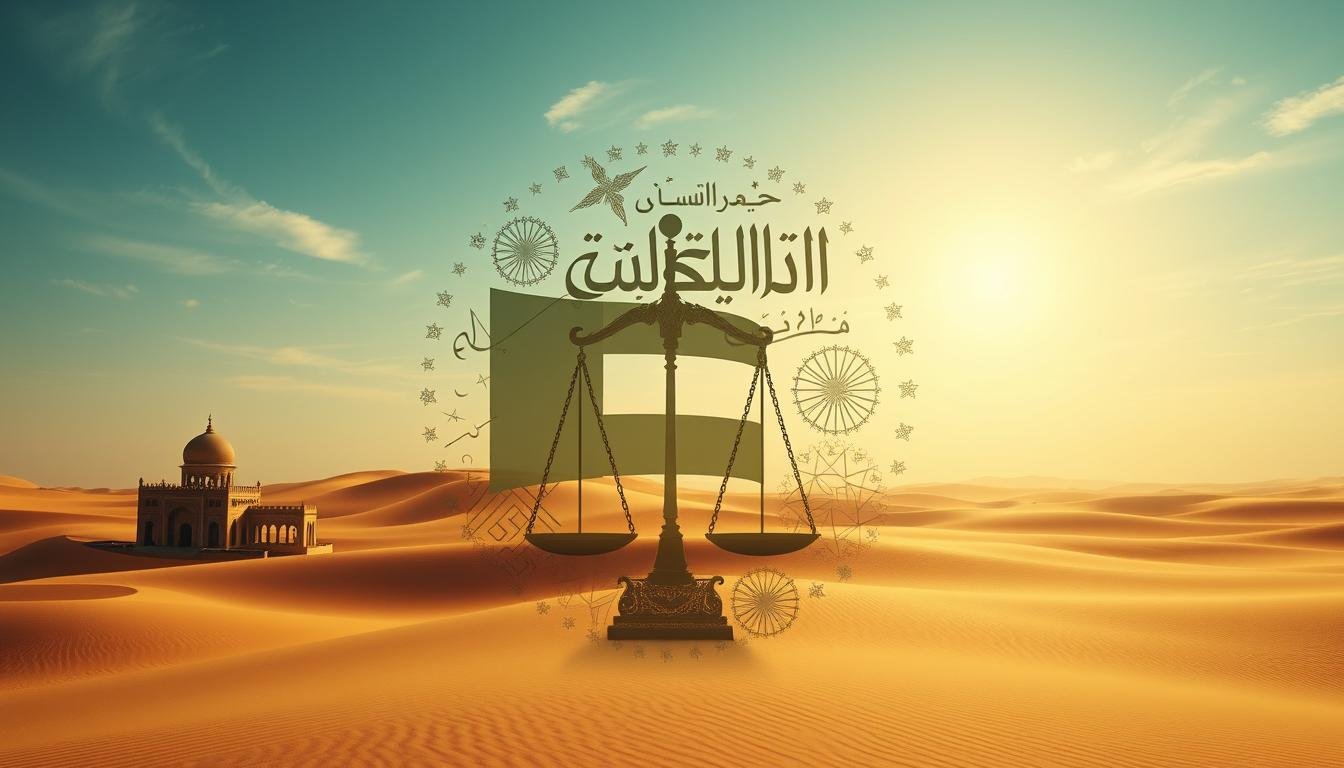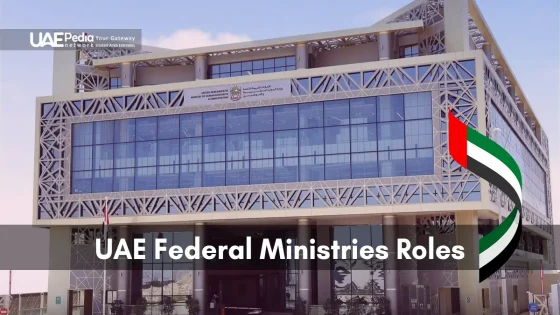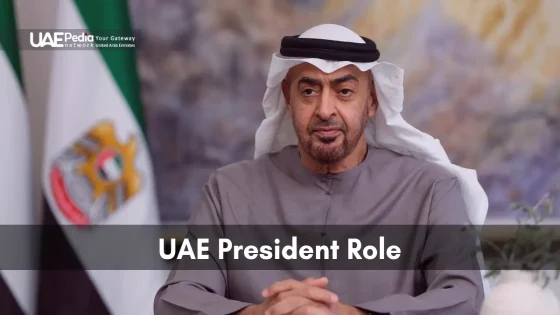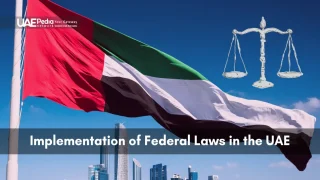The UAE Constitution is the top law in the United Arab Emirates. It has shaped the country’s politics since 1971. What makes this law special in the Gulf region?
It balances power at the federal level with freedom for each emirate. The UAE has grown fast, becoming a modern nation in just 30 years. Each emirate gives a part of its money to the national budget. This shows they all work together for everyone’s good.
Its laws help keep the country united while still letting each emirate be itself. Is this balance lasting?
UAE Constitutional Framework and Historical Development
The UAE’s laws are the heart of its government. The UAE Constitution was made in December 1971. It sets up a system where seven emirates work together.
This document has 152 articles. It talks about what citizens can do and the rules of the UAE.
Formation and Structure of the Federal System
The UAE has a system where power is shared. The Constitution divides power into three parts: the executive, legislative, and judicial. These parts exist at both the federal and emirate levels.
The Federal Supreme Council is key. It has the rulers of the seven emirates. They help make big decisions and laws.
Seven Emirates Under One Constitution
Even though they have one Constitution, each emirate is quite independent. This setup lets them control their own money and resources. It helps the UAE grow economically.
The federal government handles national issues. This keeps the country united while still respecting each emirate’s freedom.
Constitutional Evolution Since 1971
The UAE’s laws have changed slowly over time. In 2006, the UAE had its first elections. Twenty members were chosen by voters and twenty were picked by the rulers.
In 2008, the laws were changed again. This was to give more power to the FNC and help it work better with the Cabinet.
| Year | Constitutional Development |
|---|---|
| 1971 | Establishment of UAE Constitution |
| 2006 | First FNC elections |
| 2008 | Constitutional amendments to empower FNC |
UAE Constitution: Core Principles and Legal Framework

The UAE Constitution is the heart of the nation’s laws. It makes justice, equality, and the rule of law very important. It gives big rights to everyone, like moving freely, speaking out, believing what you want, and owning property.
Islam is the main religion in the UAE. Islamic law helps make laws. The legal system mixes old and new laws. This mix respects tradition and meets today’s needs.
The UAE really cares about freedom. It’s ranked first in the MENA region for the ‘Rule of Law’ 2022 Index. It does well in areas like ‘Regulatory Enforcement’, ‘Civil Justice’, and ‘Criminal Justice’. These rankings show the UAE’s strong focus on fairness and openness.
The UAE’s criminal law protects people well. It believes in being innocent until proven guilty and the right to a lawyer. These rules help make sure trials are fair and protect people’s rights. The UAE also updates its laws often to meet new business and social needs.
- All individuals are equal under UAE law
- No distinctions based on origin, nationality, faith, or social status
- Education is mandatory and free at all levels
- Work is valued as a key part of development
- Private property is protected by law
The UAE’s legal system balances old and new values. It gives a solid base for growth and protects the rights of everyone in the country.
Constitutional Governance and Political Structure
The UAE government is a mix of old and new ways of ruling. It has both federal and emirate levels. This makes a strong base for the country’s growth.
Federal Supreme Council and Presidential Authority
The Federal Supreme Council is at the top. It has the leaders of the seven emirates. They choose the President and Vice President every five years. Usually, the Abu Dhabi ruler becomes President.
Role of the Council of Ministers
The Council of Ministers, led by the Prime Minister, handles daily tasks. They work on both home and foreign issues. The Prime Minister is often from Dubai, showing the balance in the federation.
Federal National Council Functions
The Federal National Council is key for advice. It has 40 members, some chosen and some elected. This group is important for making laws and checking on how things are run.
| Election Year | Electoral College Size | Gender Distribution |
|---|---|---|
| 2015 | 224,000 | Balanced |
| 2019 | 337,000 | Slightly favored women |
Judicial System and Constitutional Courts
The UAE has two kinds of courts: federal and local. The Federal Supreme Court is at the highest level. Some emirates have special courts for certain cases, making justice faster.
The UAE is known for its fair justice system. It’s ranked first in the MENA region for ‘Rule of Law’ 2022. It does well in rules and civil justice. This shows the UAE’s commitment to fairness and efficiency in law.
Conclusion
The UAE Constitution is the heart of the country’s rules. It mixes federal power with local freedom. Since 1971, it has guided the UAE’s growth, changing as needed but keeping justice and fairness at its core.
The UAE’s laws have grown strong thanks to its constitution. It has helped create a solid court system, protect people’s rights, and boost the economy. The constitution’s ability to change has led to new laws, like equal pay and support for women in business.
The UAE Constitution will keep helping the country face new challenges. It supports education, making school compulsory and planning for better universities by 2030. This shows how the constitution shapes the UAE’s future.
Even with big steps forward, the UAE can still improve. The Universal Periodic Review showed ways to better protect people’s rights and work conditions. As the UAE grows, its constitution will play a key role in its journey.

















